OpenCV 3.x with Python By Example. Make the most of OpenCV and Python to build applications for object recognition and augmented reality - Second Edition Gabriel Garrido Calvo, Prateek Joshi
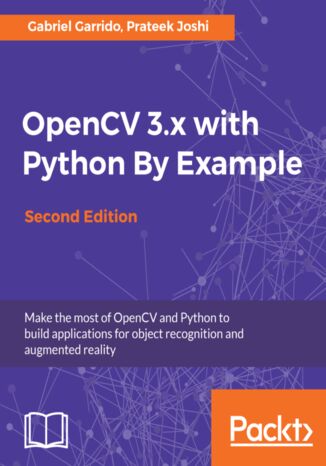

- Autorzy:
- Gabriel Garrido Calvo, Prateek Joshi
- Wydawnictwo:
- Packt Publishing
- Ocena:
- Stron:
- 268
- Dostępne formaty:
-
PDFePubMobi
Opis
książki
:
OpenCV 3.x with Python By Example. Make the most of OpenCV and Python to build applications for object recognition and augmented reality - Second Edition
We start off by manipulating images using simple filtering and geometric transformations. We then discuss affine and projective transformations and see how we can use them to apply cool advanced manipulations to your photos like resizing them while keeping the content intact or smoothly removing undesired elements. We will then cover techniques of object tracking, body part recognition, and object recognition using advanced techniques of machine learning such as artificial neural network. 3D reconstruction and augmented reality techniques are also included. The book covers popular OpenCV libraries with the help of examples.
This book is a practical tutorial that covers various examples at different levels, teaching you about the different functions of OpenCV and their actual implementation. By the end of this book, you will have acquired the skills to use OpenCV and Python to develop real-world computer vision applications.
Wybrane bestsellery
Gabriel Garrido Calvo, Prateek Joshi - pozostałe książki
Packt Publishing - inne książki
Dzięki opcji "Druk na żądanie" do sprzedaży wracają tytuły Grupy Helion, które cieszyły sie dużym zainteresowaniem, a których nakład został wyprzedany.
Dla naszych Czytelników wydrukowaliśmy dodatkową pulę egzemplarzy w technice druku cyfrowego.
Co powinieneś wiedzieć o usłudze "Druk na żądanie":
- usługa obejmuje tylko widoczną poniżej listę tytułów, którą na bieżąco aktualizujemy;
- cena książki może być wyższa od początkowej ceny detalicznej, co jest spowodowane kosztami druku cyfrowego (wyższymi niż koszty tradycyjnego druku offsetowego). Obowiązująca cena jest zawsze podawana na stronie WWW książki;
- zawartość książki wraz z dodatkami (płyta CD, DVD) odpowiada jej pierwotnemu wydaniu i jest w pełni komplementarna;
- usługa nie obejmuje książek w kolorze.
Masz pytanie o konkretny tytuł? Napisz do nas: sklep@ebookpoint.pl
Książka drukowana






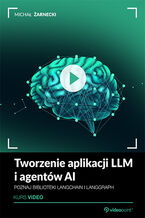

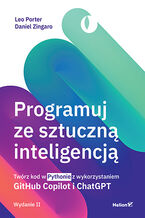



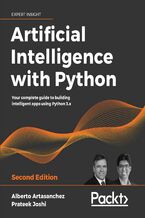


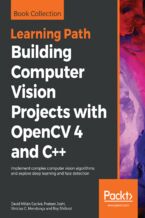

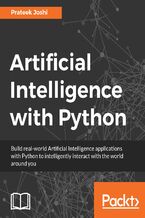
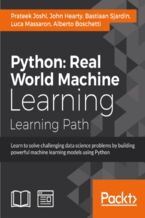

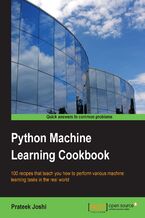
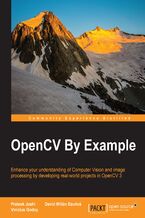
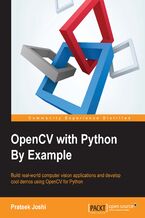






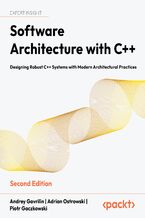
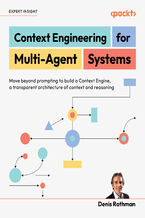

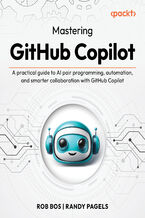
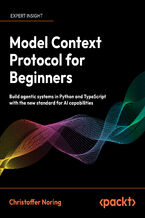
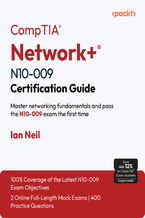
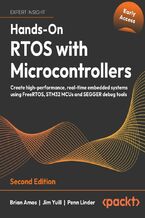

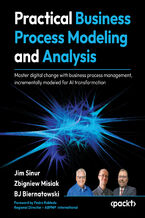
Oceny i opinie klientów: OpenCV 3.x with Python By Example. Make the most of OpenCV and Python to build applications for object recognition and augmented reality - Second Edition Gabriel Garrido Calvo, Prateek Joshi
(0)